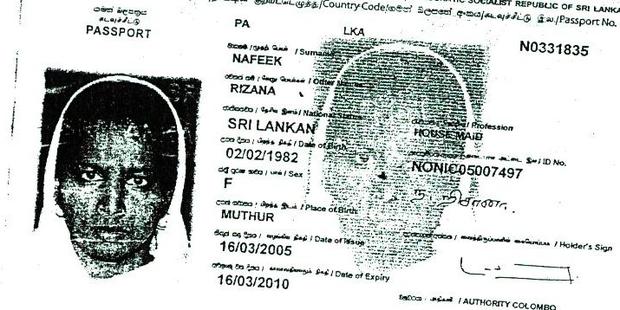On June 8, 2010, I attended the “Working Together to Combat Child Labor” conference in Washington, DC. The meeting was organized by the US Departments of State and Labor to convene high-level U.S. officials and representatives of labor, business, and non-governmental organizations to discuss effective strategies and policies to combat exploitative child labor around the world. Below is the text of the speech I gave on a panel entitled “Making Rights a Reality”:
I would like to thank the Bureau of Democracy, Human Rights and Labor and the Bureau of International Labor Affairs for co-hosting this conference and for giving me the opportunity to be part of this important and urgent conversation.
I want to start by acknowledging that many of you in this room have more expertise than either I or Amnesty, as an organization, in combating child labor. What AI has is some 50 years of experience of fighting for human rights. What I hope we can contribute to this discussion is our understanding of the critical place of human rights in any effective effort to end child labor.
Last month, the ILO warned that progress in ending the worst forms of child labor has slowed down, and that the global economic downturn is likely to make the situation worse. There is, however, nothing inevitable about this trend. As the ILO’s Constance Thomas noted:
Most child labor is rooted in poverty. The way to tackle the problem is clear. We must ensure that all children have the chance of going to school, we need social protection systems that support vulnerable families – particularly at times of crisis – and we need to ensure that adults have a chance of decent work. These measures, combined with effective enforcement of laws that protect children, provide the way forward.
This is also “the way” required by the human rights norms, standards, and laws by which virtually every government is bound. Yet, the truth is that for far too long and far too often, child labor, like the poverty in which it is rooted, has been treated by governments, international bodies, and NGOs – including my own for many years – as primarily, if not exclusively, an issue for development agencies or specialized labor organizations, but not necessarily a human rights issue. Human rights have often been seen, at best as an add-on, at worst as an obstacle to development. It was in part to contribute to changing this, AI has launched a global campaign called “Demand Dignity” to combat the human rights abuses that force men, women and children into poverty and keep them there. The campaign aims to make human rights integral and central to the fight against poverty and poverty related practices like child labor.
SEE THE REST OF THIS POST








